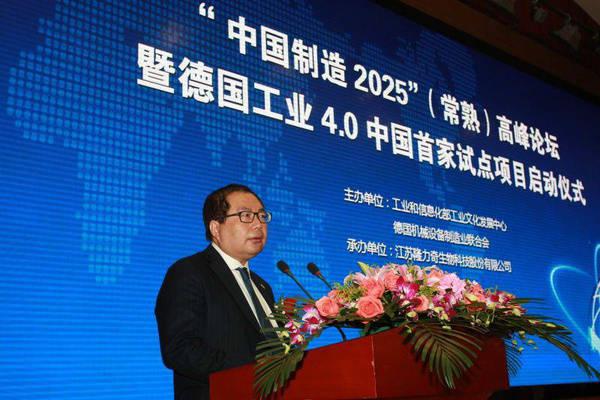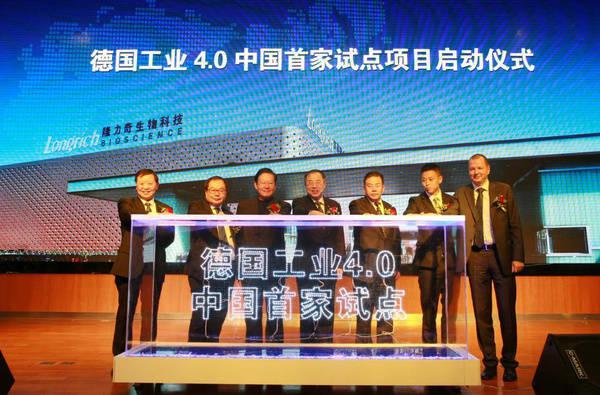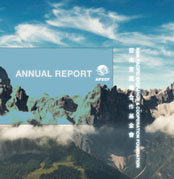November 26th, 2015
Xiao Wunan:China’s “Industry 4.0” has to tackle three tier breakthroughs
(From business.china.com.cn, written by Chen Hui) During the summit of "Chinese manufacturing 2025 Changshu Forum" held on Nov. 20, Executive Vice Chairman of APECF and well-known economist Mr. Xiao Wunan spoke about three tier breakthroughs to be made on Human spirit, legal environment and labor quality when pushing forward "Industry 4.0”. China should seize the golden opportunity presented by "Industry 4.0" to achieve the great rejuvenation of the Chinese nation.

According to Xiao Wunan, "Industry 4.0" draws a blueprint for developing Chinese manufacturing under the "Chinese Dream” which demonstrates the philosophy of "top-level thinking”. It has strategic meanings for innovation and transformation of overall economy, structural design, etc.
He further analyzed that "Industry 4.0" offers a focal point to build up China's influence. China is becoming a world power. In this process, China needs to strengthen its voice and influence on the world stage, so a focal point is much needed. In the past, China has established its image through “Olympic Games", “World Expo" and other large-scale events, but it needs to set rules in order to have real power. Chinese version of the "Industry 4.0" would spawn the birth of a large number of Chinese standards, which will form the basis of Chinese discourse and influence.
Mr. Xiao summarized that China is confronted with 3 tier breakthroughs in promoting "Industry 4.0": the first tier is a breakthrough in human spirit. "Industry 4.0" is the fourth industrial revolution in human history, it has broken the boundaries of professions and industries to achieve the intelligent economy based on information technology. It is a turning point of human society, in this process, the entire society needs to have innovative spirit along with the sense of rigorousness, product quality, credibility and strategic thinking. Innovation and humanism is indispensable for Germany to achieve "industry 4.0".
The second tier is the breakthrough to improve the legal environment.In the process of promoting the "Industry 4.0", the legal guarantee is extremely important. The core to promote the "Industry 4.0" is innovation, which requires a strong legal support and protection, a lifeline for "Industry 4.0". The third tier is the breakthrough to enhance the quality of labor. "Industry 4.0", to some extent, is to allow workers to evolve to "black collar" from "blue collar". It has comprehensive requirements on personality, quality, knowledge and innovative thinking of the work force. Since China lags behind in education and qualified labor force, combined with an aging population, China has to face huge challenges to materialize "Industry 4.0".
He further explained, "Industry 4.0" will provide a great opportunity for China's economic development. The vision of "mass innovation, mass entrepreneurship" or "Internet plus", all of these goals can be perfectly incorporated into the "Industry 4.0". China chose to work with Germany to promote the "Industry 4.0". This is the right choice to make based on the actual situation.

Meanwhile, the former committee member of Ministry of Industry and Information Technology, Chief Engineer Zhu Hongren said that "Made in China 2025" and the "German Industry 4.0" shared similar patterns in philosophy and many other aspects, both emphasized the deep integration of information technology with manufacturing and viewed the intelligent manufacturing as a breakthrough. Lead manufacturing to connect with the internet and provide more customized products and service; Vice president of the ninth All-China Federation of Industry and Commerce Mr. Lu Cheng said that in the process to achieve “Made in China 2025" or "Industrial 4.0", private enterprises in China will be one of major contributors.
The event was organized by Center of industrial culture with the Ministry of Industry and Information Technology, the German Association of machinery and equipment manufacturing and other institutions. There were more than 400 participants from the Ministry of Industry and Information Technology, Jiangsu Province, Suzhou City, and related institutions and enterprises. State and local media have been invited and CCTV has reported the event on its prime time news program.


 Back
Back